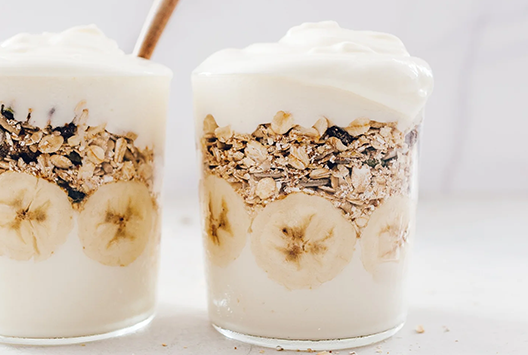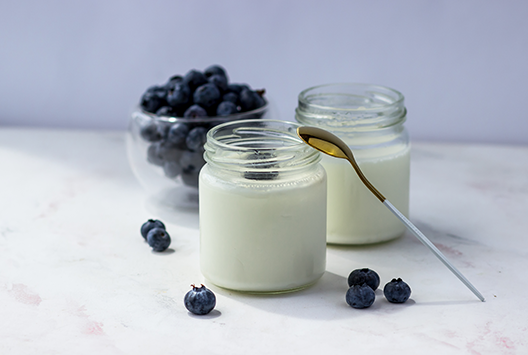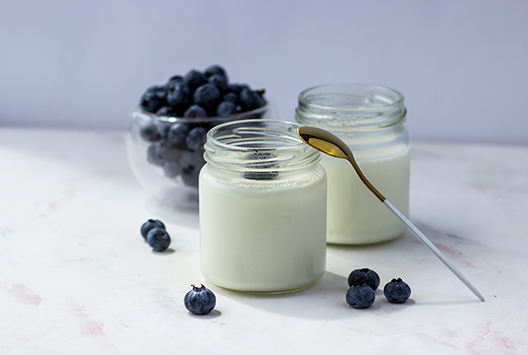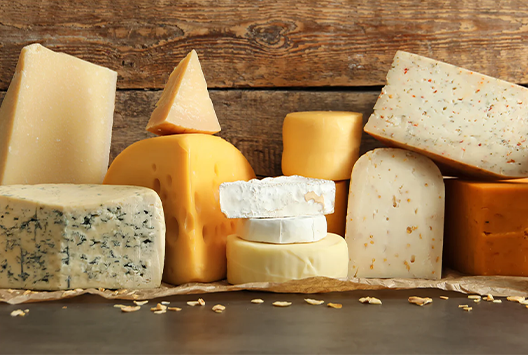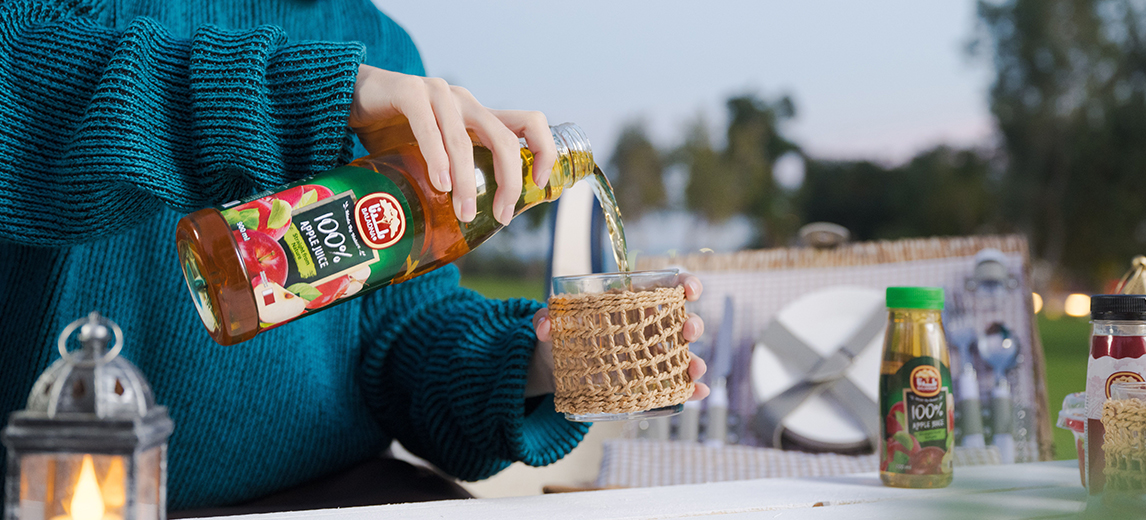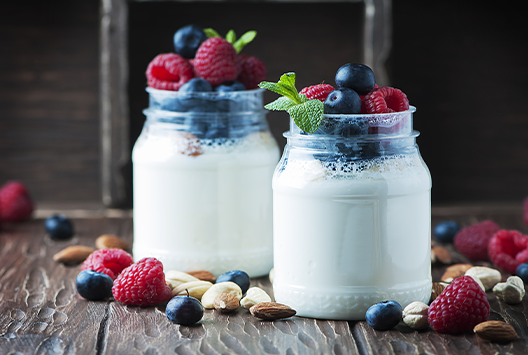
5 Frequently Asked Questions About Consuming Yoghurt
Discover the irresistible world of yoghurt, a delightful dairy product made by fermenting milk with beneficial bacteria like Lactobacillus bulgaricus and Streptococcus thermophilus. Creamy and indulgent, this nutritious superfood is packed with protein, calcium, and even probiotics to nourish your body and soul.
Whether enjoyed in its pure form or topped with fruits, nuts or other delectable ingredients, yoghurt has become a go-to snack for many. But what kind of questions do people have about consuming yoghurt? Here are some of the most frequently asked questions:
1. When should people eat yoghurt?
The best time to eat yoghurt is on an empty stomach in the morning. Not only is it tasty and nutritious, but it’s also a great way to get a healthy dose of probiotics into your diet. It also helps regulate the digestive system while boosting your energy for the rest of the day.
When eating yoghurt in the morning, choosing a low-sugar and protein variety is essential. Greek yoghurt is an excellent choice as it contains probiotics and is high in protein and calcium. You can also add some fresh fruit, nuts, or seeds to your yoghurt for nutrition.
2. What are the effects of eating yoghurt at night?
Eating yoghurt at night can have a few potential benefits and a few potential drawbacks. Yoghurt is a good source of calcium and probiotics, which can help boost your immune system and improve digestion. It can also help keep your blood sugar steady, benefiting those with diabetes.
On the downside, eating yoghurt at night can cause heartburn and indigestion due to its high fat content. It can also lead to weight gain if you’re not careful with portion size. Additionally, if you’re eating yoghurt containing added sugar, it can lead to a spike in blood sugar and an energy crash later.
3. Is it okay for people to eat yoghurt right after meals?
Yes, people can eat yoghurt after meals. Yoghurt can be a great way to get your dose of probiotics, which can help keep your gut healthy and improve digestion. However, people should wait for at least two hours after meals to avoid stomach acid from killing the live bacteria.
Yoghurt can also help balance blood sugar levels, which helps avoid energy crashes after eating. Additionally, yoghurt is a good source of calcium, which can help strengthen bones and teeth. However, it is essential to watch your portion sizes and avoid yoghurts with added sugar.
4. When should people eat yoghurt for weight loss?
Eating yoghurt as part of a balanced diet is great for weight loss. Yoghurt can be a great snack as it is lower in calories and fat than many other snacks, such as chips and cookies. It is also a good source of protein and calcium, which can help keep you feeling full and satisfied.
Eating yoghurt in the morning or as a mid-morning snack is best. Eating yoghurt in the morning can help kickstart your metabolism and give you energy for the day. Eating it as a mid-morning snack can help prevent overeating later in the day.
5. Are there side effects to eating yoghurt at night?
In general, eating yoghurt at night has no significant side effects. However, it is essential to note that overeating yoghurt at night could lead to indigestion and heartburn. Eating a light snack, such as a small serving of yoghurt, is recommended if you eat late at night.
